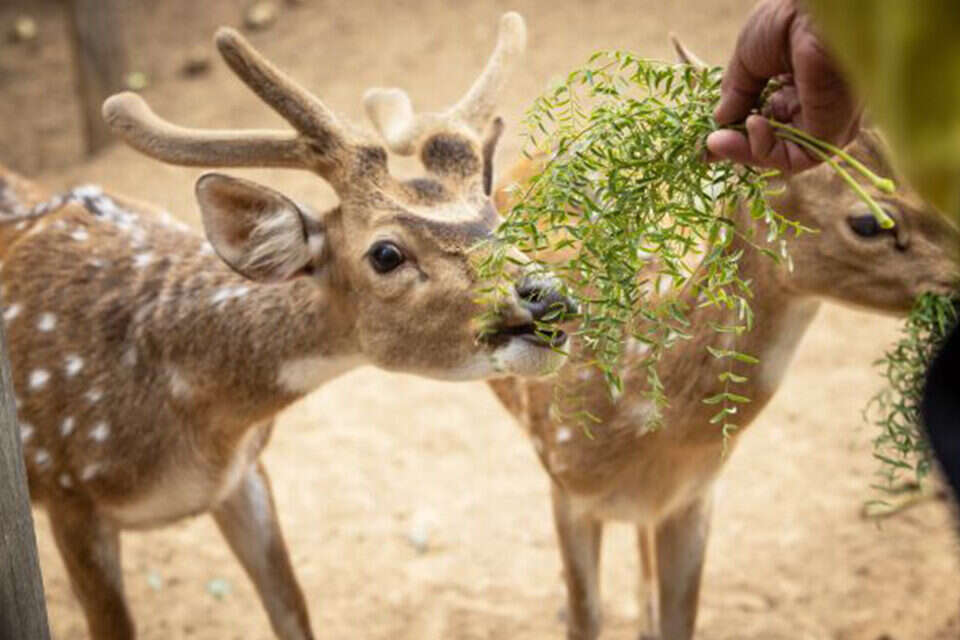Vegetarian mammals cause ecological and agricultural damage of billions of dollars every year, and around the world they are trying to understand how to prevent the animals from destroying valuable agricultural crops without destroying the animals themselves, and without surrounding vast agricultural areas with expensive and not always effective fences.
Now, scientists have managed to find a creative solution - chemical 'camouflage' of plants using smells that keep away the vegetarian mammals.
A new study from the University of Sydney, published in the journal Nature Ecology & Evolution, focused on a wallaby (a kind of small kangaroo) that gnaws eucalyptus saplings in Australia - but the idea could apply to deer, elephants, or any vegetarian animal guided primarily by the sense of smell.
By analyzing chemical compounds emitted by boronia – a native shrub that the wallabies dislike – the team duplicated the main odor molecules, and placed them around eucalyptus saplings, to mask the attractive scent with one that repels the wallabies.
The results were amazing and unequivocal: the artificial smell reduced the chance of the eucalyptus being eaten by 20 times compared to trees that were not protected by the same method.
The deceptive artificial scent works just as effectively as planting real, inedible Boronia bushes around the trees - but more efficient from an agricultural point of view, because scent molecules produced in the laboratory do not require watering, unlike real bushes.
"It subtly repels problematic herbivores away from areas we don't want them to be in," explains the study's lead author, Patrick Finnerty.
"As a management tool to protect 'palatable' plants, our technique offers many advantages," Finnerty says, as he compares the artificial scent to the traditional use of chili oil, which animals were able to get used to quickly.
The researchers note that the new tactic is effective not only for preserving crops intended for human use from wild animals, but also for reforesting areas where until now it was difficult to increase the amount of vegetation because it was quickly eaten by local animals.
were we wrong
We will fix it!
If you found an error in the article, we would appreciate it if you shared it with us

